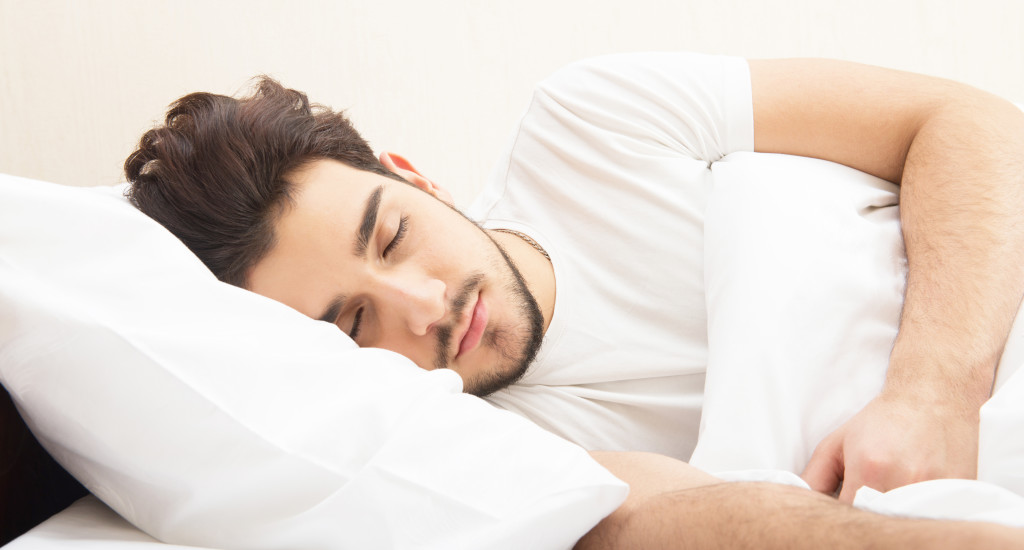
You may care for your teeth in the day but there are chances
that you may be harming your teeth while you sleep. Now, you may wonder how is
it possible for a person to damage his/her teeth while sleeping. Ever heard of
bruxism? Well this condition can do the damage without you being in a conscious
state.
Bruxism is mainly associated with the teeth grinding and jaw
clenching. If you are going through stressful situations during day time, there
are chances that you will grind your teeth during night. In the start, there is
no immediate effect you may suffer due to teeth grinding unless you are
applying too much pressure. However, the changes in teeth structure occur with
the passage of time. Moreover, it can also cause developmental issues in jaws.
The most talked about effect of bruxism is that it results in wearing out of
tooth enamel. This wearing out leads to the exposure of dentin, which is a
softer layer of teeth. This layer has numerous pores which give easy passage to
the bacteria that can be dangerous to the inner layer called pulp. This entire
procedure can lead to the infection and death of a tooth.
Causes and symptoms
Teeth grinding or bruxism is commonly referred to as a
physical manifestation of stress and anxiety. You don’t need to be fully
conscious for this condition to persist. As a matter of fact, you may be able
to keep yourself from grinding your teeth when you are awake.
Besides stress, there are other issues which can result in
bruxism. Some of those issues include alcohol consumption, substance abuse,
sleep apnea, and bite and alignment issues.
There has been a lot of discussion about the signs of
bruxism. Since it is the issue which mainly persists while sleeping, it could
be hard for anyone to tell if he/she suffers from this issue. Most of the
experts suggest that immediate way to know about this issue is to see if there
is mouth soreness or jaw tightness in the morning.
Your partner may be able to tell if you suffer from this
issue. Teeth grinding produces a sound which might not be enough to wake you
up. But your partner will surely be able to notice the sound.
Grinding teeth for a bit longer can result in pain in head
and ears. This pain can also serve as a sign to be noticed.
Diagnosis and
treatment
If you suspect that you suffer from bruxism, you need to
visit your dentist. The dentist will check the level of stress being exerted on
your teeth by noting the amount of wear on the chewing surface of teeth.
The most likely solution, your dentist is going to suggest
you, is the use of mouth guard which would be designed for night use. The major
advantage of this night guard is that it prevents upper and lower teeth from
touching each other. As a result, you may be able to get rid of this condition
permanently. You may be referred to a sleep specialist if your problem is
complicated one.